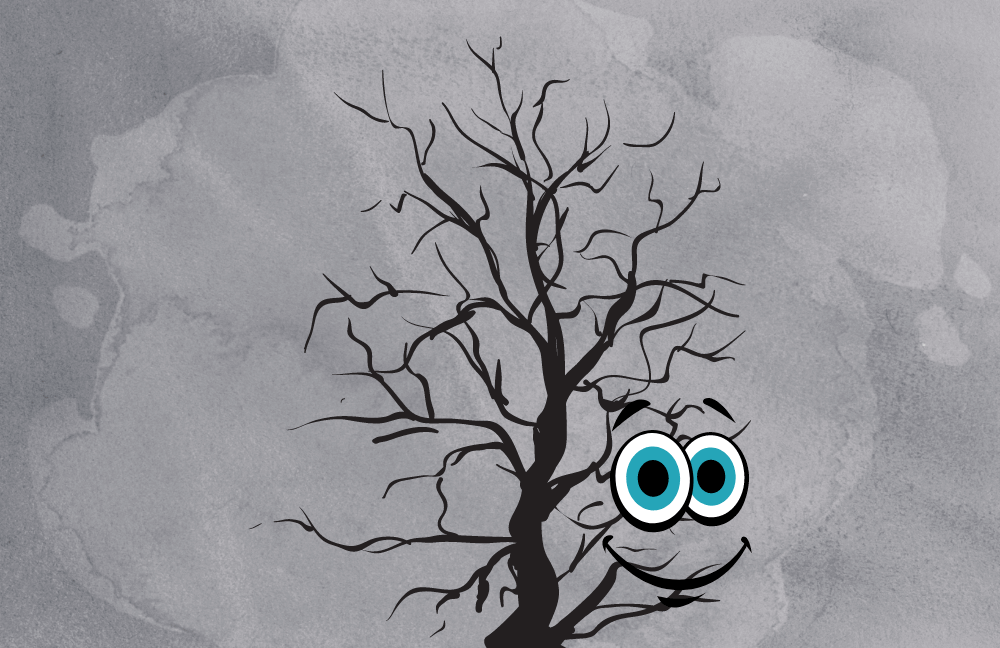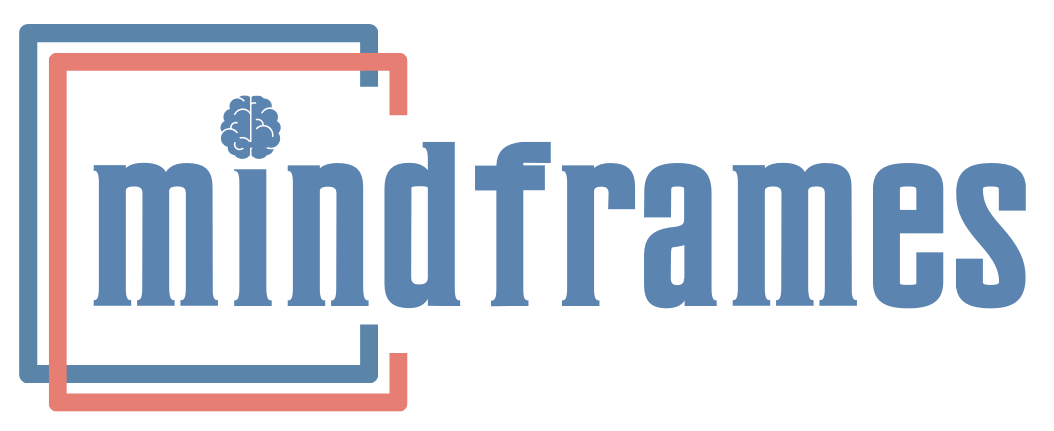Therapy Types
What is Psychotherapy?
Psychotherapy according to Jerome Frank (noted researcher from Johns Hopkins University), is a method of transforming the meaning of individual experiences and symptoms in such a way that one begins to feel better, function more favorably, and think more adaptively.
It could be offered by a psychiatrist, psychologist or psychotherapist. As a psychiatrist Dr Shefali places extensive therapeutic focus. The detailed neurological know-how makes application of specific techniques even more effective. Counseling, on the other hand, is more passive and supportive. It involves more of listening without direction or guidance. Psychotherapy is active, directive and has specific cognitive, emotional and behavioral goals.
Who Seeks Psychotherapy?
New school of thought says that anyone and everyone can benefit from therapeutic intervention because it is preventive as well as curative. Everybody has problems and stressors in their life. And each deals with them somehow. Some people however, are able to combat them less effectively than others. They are more likely to suffer psychiatric or psychological problems, and seek help more commonly. Yet, this trend is changing. And psychological help is getting to be more preventative today than curative.
It has been said, that the purpose of life is to be happy, make others happy if possible, grow old gracefully, and die with dignity. Many people are unable to feel happy because they sense more suffering than pleasure in their lives. This makes it hard for them to fulfill even basic human responsibilities like health, education, career, social relationships, work, hobbies and everything that comprises life. The ambivalence and confusion of what to do to change this, is the biggest motivator for seeking help.
How Does Psychotherapy Work?
Different individuals cope differently with life’s frustrations. Demoralization occurs when people feel that they are incapable of finding solutions to their problems. This leads to confusion, ambivalence, low mood, despair, incompetence and a sense of incapability. This usually happens when one is unable to make meaning of that particular life experience, or put it into constructive action.
Be it anxiety, depression, anxiety, phobia, social anxiety, obsessive-compulsive disorder, relationship problems, substance addiction or others; the sense of losing control is what makes people feel overwhelmed. It also gives a feeling that “I am going mad, I cannot deal with this, this world isn’t right for me and nobody else has to go through what I do”. Psychotherapy may not change your situation, but it does change the way you perceive it, and how you react to it. That honestly, changes everything.
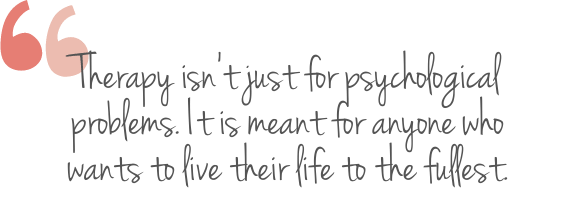
Fundamentals of Psychotherapy: Meaning
Narratives are stories we tell ourselves every day, every hour, sometimes many times a minute too; about how our life is shaping and executing. We’re continuously doing our own performance appraisal. So, we use sequences of words and actions performed by actors including ourselves and people around us, to see if our life is moving on track.
A narrative creates a story out of many smaller events that happen every day. And when this narrative is negative, we likely experience psychological illness and stress. The goal is to change the painful traumatic narrative to a coherent and“ acceptable one, and hence change the meaning of life itself. It’s almost like you saying to your therapist – “My story is broken; can you fix it?”
Principles of Different Types of Psychotherapy
Behavior Therapy
Behavior therapy is based on the premise that if you change the reinforcers of a particular behavior, then the behavior changes. Some techniques of behavior therapy include relaxation training, systematic desensitization, exposure and response prevention, journaling, flooding, extinction, modeling and token economy.
Psychodynamic Therapy
Psychodynamic therapy focuses on the role of the unconscious mind in influencing present day thoughts and behaviors. Free association and open expression surface these conflicts to change the narrative. In therapy, you make meaning of past experiences (more often childhood) and use the learning to heal from conflict.
This is based on the premise that your mental representation of your life’s experiences influences how you feel about them. Human beings have the power of metacognition (thinking about how we think). So, if you are able to reflect on how you receive information, you will be able to change your perception with practice.
As a result, you will begin to think and perceive the experience inversely from before, and change the ultimate outcome. The negative feelings and emotions which arose from those thoughts will now become positive. The narrative about the event will change, because you will see it with new eyes. The therapist functions to teach you how to reconstruct your narrative. Some cognitive therapies include (CT) cognitive therapy), CBT (cognitive behavioral therapy), REBT (rational emotive behavior therapy), DBT (dialectical behavior therapy) and more.
Behavior Therapy
Behavior therapy is based on the premise of Mowrer’s paradox; which states that negative behaviors are self-perpetuating. They are automatic, learned, conditioned responses; which we have internalized over a period of time. Principles of learning insist that when two events co-occur, the mind establishes a connection between them.
These cause-and-effect relationships, whether logical or not, are then imagined to recur. Hence, we react in the same consistent (often dysfunctional) manner in the future. When we replace these with functional behaviors, and see the positive results, we realize the faulty nature of these connections and change. Behavior therapy is action-based and not cognition based. Some techniques of behavior therapy include relaxation training, systematic desensitization, exposure and response prevention, journaling, flooding, extinction, modeling, token economy, and more.
This is a person-centered or client focused approach wherein focus is placed on changing your self-concept, and how you react to the world, based on your view of yourself. In simpler terms, the aim is to work on building congruence between your expectations and reality by introspection as is done in EFT (emotion focused therapy). You find answers with the therapist’s assistance.
In 1957 Carl Rogers conceptualized this ‘Rogerian’ approach with the three basic tenets in place – empathy, unconditional regard for the client and congruence with what he or she feels. Any and every thing discussed in therapy is focused on you and how you feel about things around you. Discrepancy between your self-concept and your actual experience leads to incongruence; a state of tension and internal confusion, resembling demoralization. In therapy you focus on self-development, self-enhancement and self-growth to start feeling better.
Psychodynamic Therapy
Psychodynamic or psychoanalytic therapy focuses on the role of the unconscious mind in influencing present day conscious thoughts and behaviors. Long ago, Freud used the analogy of an iceberg to explain the topographical theory of the human mind. The little mound we see on the surface, is a representation of our conscious thoughts, feelings and emotions.
It’s all we know, because that’s all we see. Slightly below the water surface are the subconscious processes that we are somewhat aware of, but tend to overlook. But extending far and wide below the surface of the water, are the unconscious influencers which often lead to psychological conflict, turmoil and demoralization. Psychodynamic therapy surfaces these unconscious conflicts to change the conscious narrative. In therapy you make meaning of past experiences (more often childhood) and use the learning to heal from current conflict.
Psychotherapy vs. Pharmacotherapy (Medication)
All psychological turmoil is biological – this means that any symptom you experience is connected and attributable to nerve cells, as well as neurochemicals in specific brain areas. That being said, the treatment of these problems does not have to be purely medicinal or procedures like ECT (electroconvulsive therapy), rTMS (repetitive transcranial magnetic stimulation) or surgical procedures (which were done decades ago). These are known to change the brain structure and seem more credible. And based on the nature and severity of the problem, you might need medication, if your treating doctor insists so.
Talk therapy or psychotherapy on the other hand, seem to be something you might think you could do with a friend. Truth is, a single conversation with a professional who guides and influences you appropriately, can change the structure of your brain in ways that are observable on brain scans too. The latest consensus is that medication makes you a little calmer, and more ready to accept psychotherapy. And then, psychotherapy works its magic by transforming your perception such that you are geared to deal not just with the current stressor, but those that may arise in the future too.
Psychotherapy With Dr Shefali at MindFrames
The best therapy for you is one that is customized to your needs, preferences, pace, and information-receiving style. All different therapies described here are applied in an interpersonal context marked by empathy, kindness, cooperation, genuineness, transparency and confidentiality.
Cognitive therapies will assist you in reconstructing narratives that fit your perception of the world and how that can resolve your current challenges. Behavior therapies will target problem behaviors that lead to emotional turmoil and replace them with those that promote happiness. Humanistic or person-centered approach will help create a shared and empathetic understanding of your troubles so that you can transform from within, to change your experiences. And finally, psychodynamic therapy will take you to depths of inner awareness that will often enough astound you, and change your life in meaningful ways.
Therapy is for everyone because nobody is free from stress, uncertainty and insecurity. As a psychiatrist and psychotherapist practicing distinctive therapies, Dr Shefali guides you through cognitive, mindfulness and neurobehavioral milestones to help you think, feel and behave more purposefully. How you feel matters. Do something about it.
Dr Shefali Batra was interviewed by VERVE Magazine on Demystifying Mental Health. She explained the applicability of different therapies and how they help.
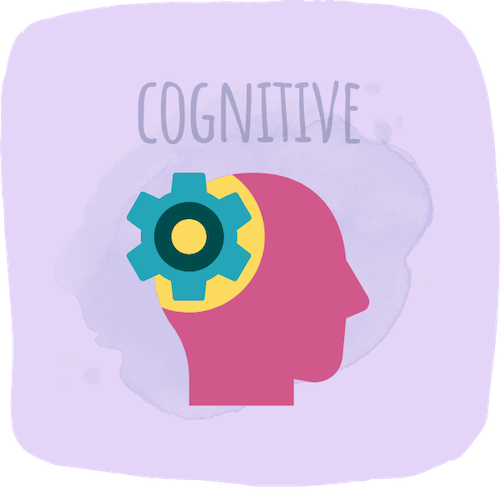
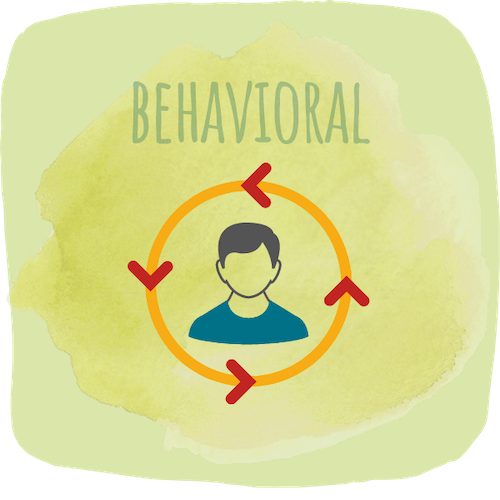
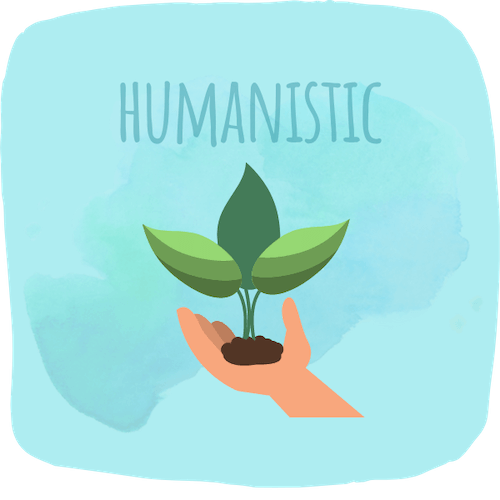
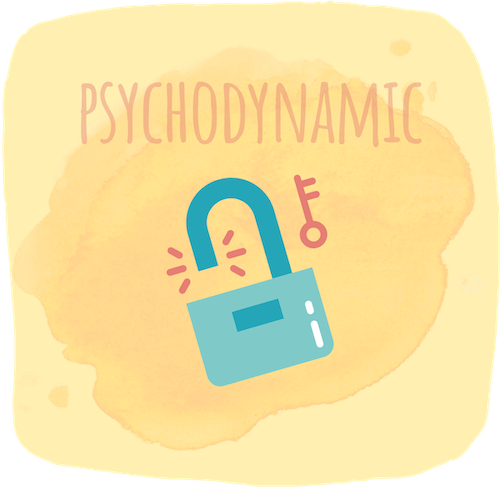
References
- Locher, C., Meier, S., & Gaab, J. (2019). Psychotherapy: A World of Meanings. Frontiers in psychology, 10, 460.
- Sipe, W. E., Eisendrath, S. J., (2012). Mindfulness-based cognitive therapy: theory and practice. Can J Psychiatry;57(2):63-9.
- Høglend, P., (1999). Psychotherapy research: new findings and implications for training and practice. The Journal of psychotherapy practice and research, 8(4), 257–263.
Latest Posts

7 Reasons Why You Should Seek Therapy
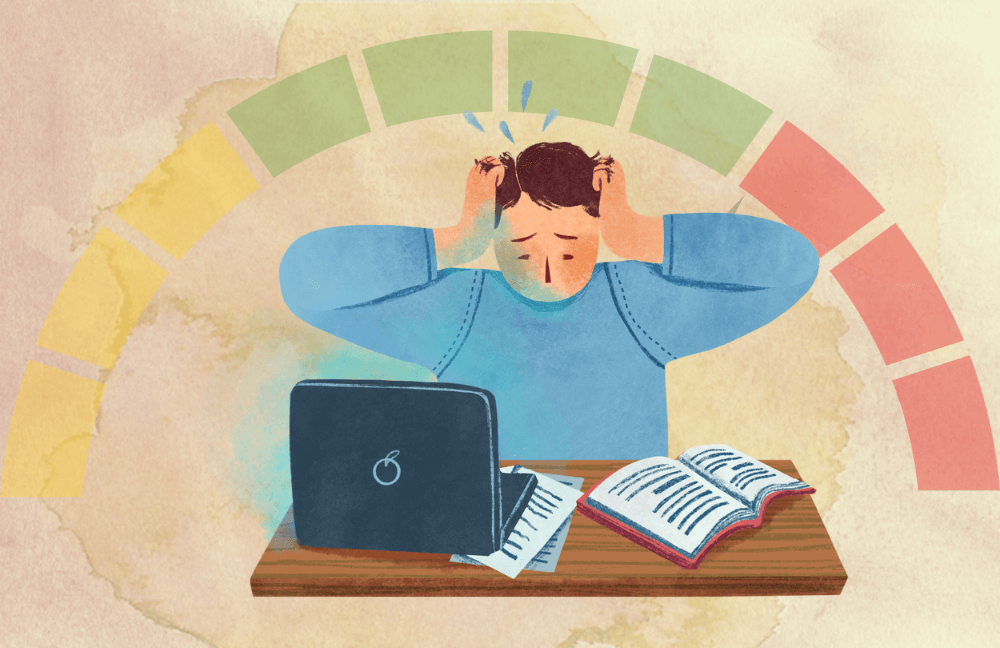
7 Questions About Workplace Stress Answered
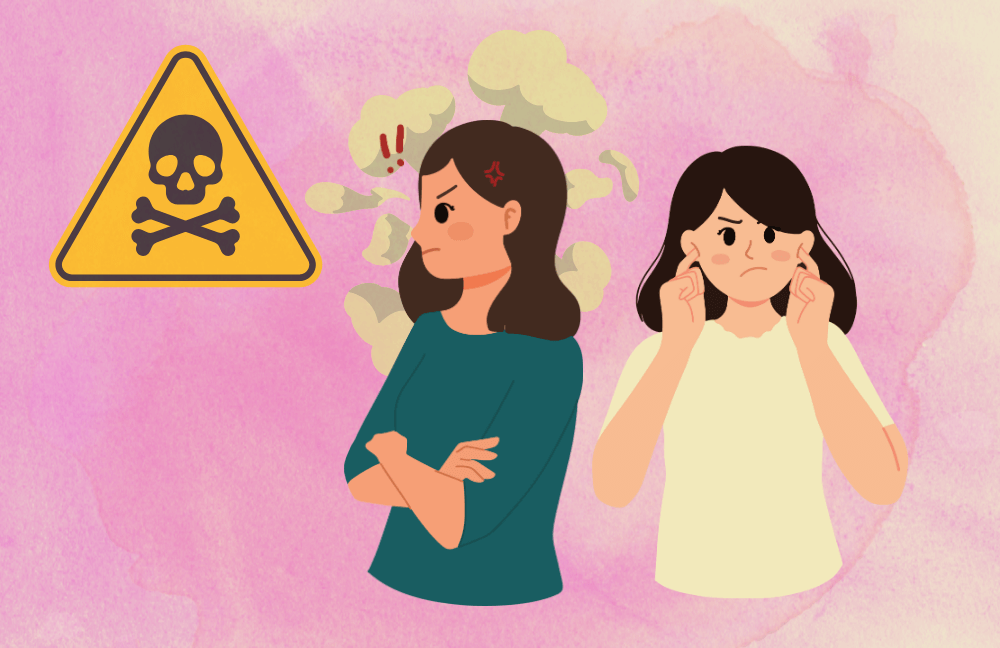
5 Ways To Deal With A Toxic Coworker
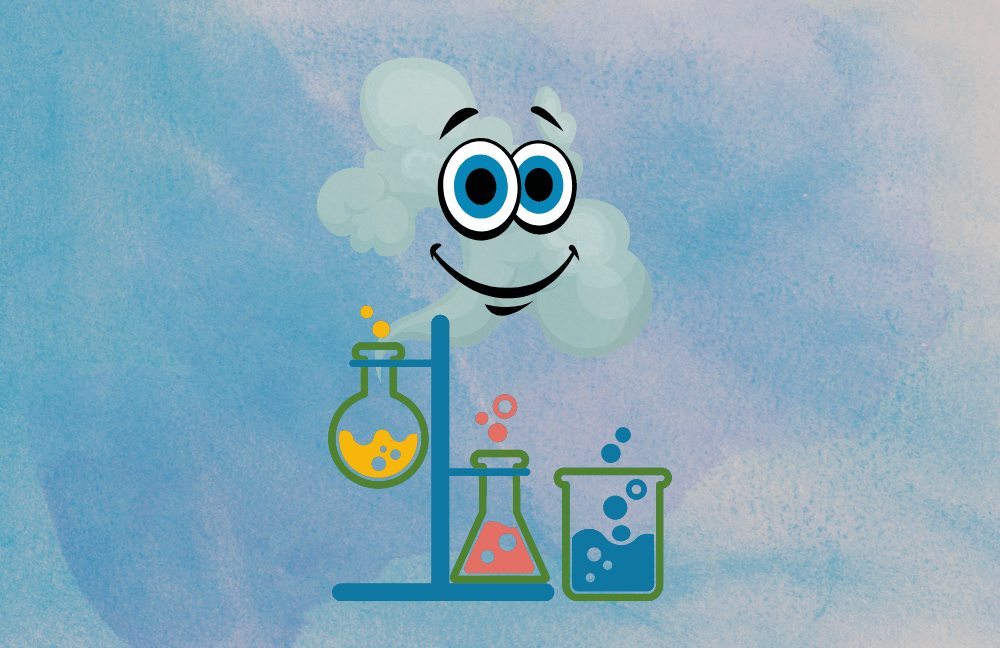
Science of Happiness: 1000s Of Years Of Research
